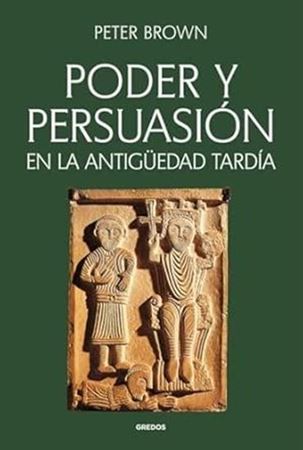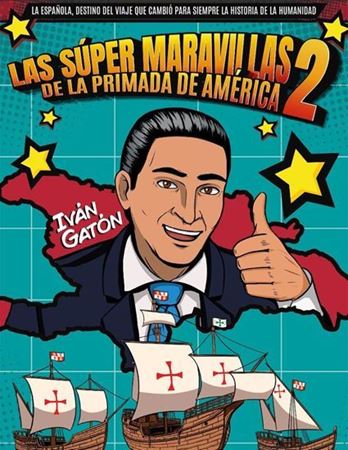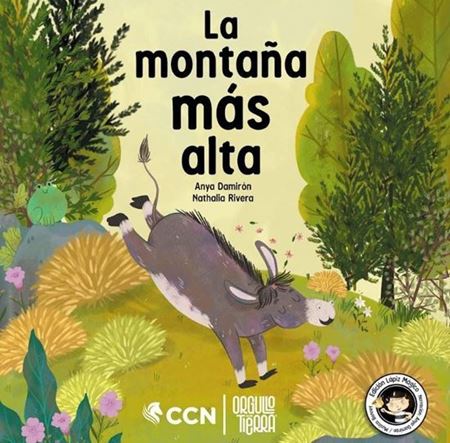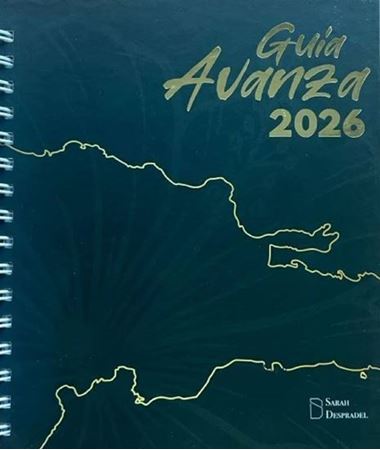

NOVEDADES
TIE-BREAK
Cuando Dafne Fort se encuentra con Cristian Masdéu, una arrogante promesa del tenis en horas bajas, en el vuelo de vuelta del torneo de Roland Garros, las chispas saltan casi de inmediato, pero unas copas de más y un malentendido impiden que ocurra nada entre ellos.
… set…
Meses después, Cristian, desesperado y abandonado por su entrenador, se presenta en la casa de uno de los profesionales de tenis más codiciados: Héctor Fort, el padre de Dafne. Solo Héctor puede conseguir que Cristian recupere su carrera.
… y partido.
Pero, para que Cristian vuelva al camino del éxito, Dafne y él deberán aprender a convivir sin que el rencor que se guardan desde aquel primer encuentro les afecte… e ignorando la atracción que todavía sienten el uno por el otro.
1,550
TOO MATCH
Too match es una oda al desamor con forma de libro. Un diario de citas fracasadas. Un First dates que siempre acaba mal. Una serie de relatospara grinch del amor. Una versión madrileña de Sexo en Nueva York, pero con menos glamour (y menos sexo).
Too match también es un retrato generacional, una historia de amor y duelo en los tiempos de Tinder, y tal vez (solo tal vez) puede que sea una excusa para seguir usando la app.
Mi ex novia eligió la mañana de un seis de enero, día de Reyes, para romper conmigo. Un día después me quedé sin compi de piso, llegó Filomena y entré en Tinder (porque, puestas a tocar fondo, mejor hacerlo bien).
Con roscón o sin él, una ruptura nunca es plato de buen gusto. Que se lo digan a Tamara Falcó, que por no tener que superarlo terminó volviendo (amiga, ¿quién no ha sido Tamara alguna vez?).
En mi caso, he de reconocer que fue un plato particularmente indigesto, pero también me di cuenta de que, en cierto modo, tenía su gracia (en cierto modo, todo tiene su gracia). Eso, y que solo al tocar fondo logras descifrar aquella máxima de Rajoy (cuanto peor, mejor para todos). I feel you, Mariano.
1,550
LA CASA Y LA ISLA (ADN)
Anabela y Rebeca comparten un pasado adolescente de amores y traiciones. Años después sus vidas vuelven a cruzarse en torno a un joven médico revolucionario cubano, que ha decidido no volver a ejercer ni salir jamás de su casa. Esta especie de 'inxilio' se convierte en el núcleo de una historia trepidante donde el autor interviene como un personaje más, tejiendo las biografías de estos tres personajes y la suya propia.
1,550
SAMURAI. EL LIBRO DEFINITIVO
El origen de la palabra samurái 侍 cuyo significado es ‘aquel que sirve’, data del siglo VIII, si bien el inicio como clase social surge en el siglo X y se consolida en 1185 tras la victoria del clan Minamoto frente al clan Taira. Sin embargo, tendrían que pasar tres siglos, hasta el período Sengoku (1467-1568), para que estos leales caballeros al servicio de sus daimyo, vivieran su momento de máximo esplendor. En la época más violenta y caótica de la historia de Japón, su pericia y habilidad con las armas era tan necesaria como imprescindible para conquistar nuevos territorios, defender los propios y vencer en batallas y guerras. Pero los samuráis o bushi no solo eran expertos jinetes con extraordinario dominio del arco y la espada, también poseían una refinada educación y se regían por un estricto código ético y de honor cuya aplicación se convirtió en los pilares centrales de su modo de vida, que forma parte en la actualidad, del carácter y filosofía del pueblo japonés. Este libro reúne los tres códigos esenciales de la clase samurái: Go-rin no sho
1,550
EL ENIGMA DE DIOS
El enigma de Dios es un libro repleto de sinceridad y erudición que explora una gran duda existencial, así como también el sufrimiento que acompaña a la muerte y la búsqueda de sentido en un mundo lleno de incertidumbre. A través de un doble recorrido tanto personal como filosófico -en el que conoceremos las opiniones sobre la existencia de Dios de pensadores como Platón, Wittgenstein o Kierkegaard, entre muchos otros; este libro es una verdadera historia de la filosofía-, el autor pone a prueba nuestras ideas preconcebidas y nos estimula para pensar con libertad sobre el sentido de la vida y la relación inherente de esta con Dios.
1,550
NUNCA MIENTAS
Tricia y Ethan acaban de casarse y están a la búsqueda de la casa de sus sueños.
Pero cuando visitan la remota mansión que una vez perteneció a la doctora Adrienne Hale, una reconocida psiquiatra que desapareció sin dejar rastro hace cuatro años, una feroz tormenta los deja atrapados.
Mientras busca un libro para entretenerse hasta que pare de nevar, Tricia tropieza con una habitación secreta que contiene las transcripciones de las conversaciones con todos y cada uno de los pacientes que trató la doctora Hale. Y, cuando escucha las cintas, descubre la aterradora sucesión de acontecimientos que condujo a la misteriosa desaparición de la psiquiatra.
Con cada una de ellas, una nueva pieza del rompecabezas encaja en su sitio, revelando lentamente una inesperada e impactante red de mentiras.
Hasta que Tricia llega a la última cinta. La cinta que revela toda la terrible verdad.
Y entonces es demasiado tarde...
1,550

























